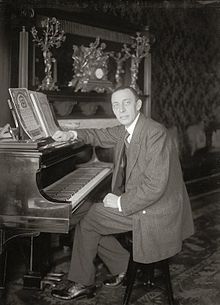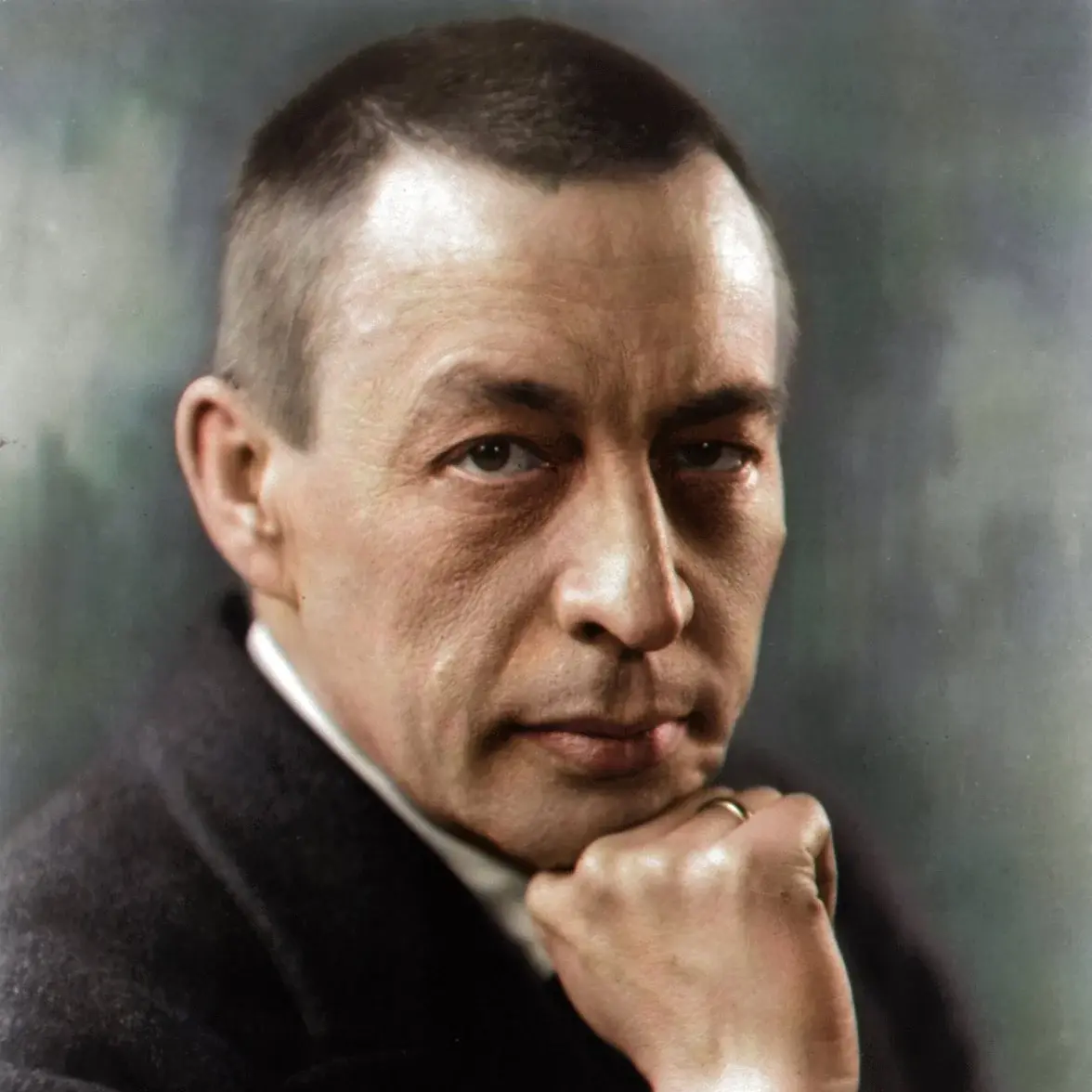Sergei Rachmaninoff, a name that resonates with the grandeur and emotional depth of late Romantic music, stands as one of the most influential figures in the world of classical music. Born on April 1, 1873, in Semyonov, Russia, Rachmaninoff’s journey from a young piano prodigy to a world-renowned composer and virtuoso pianist is a testament to his extraordinary talent and unwavering dedication to his craft.
From an early age, Rachmaninoff displayed an innate musical ability that would shape his entire life. Born into a family of amateur musicians, he began piano lessons at the age of four. His exceptional talent quickly became apparent, leading to his enrollment at the Saint Petersburg Conservatory at the tender age of ten. However, it was at the Moscow Conservatory, under the guidance of his cousin and mentor Alexander Siloti, that Rachmaninoff truly flourished.
Rachmaninoff’s early years as a composer were marked by both triumph and adversity. His graduation piece, the one-act opera “Aleko,” was a resounding success, earning him the Great Gold Medal from the Moscow Conservatory. However, the premiere of his First Symphony in 1897 was a disaster, largely due to a poor performance led by an allegedly intoxicated conductor. This setback plunged Rachmaninoff into a deep depression, during which he struggled to compose for nearly three years.
It was through hypnotherapy sessions with Dr. Nikolai Dahl that Rachmaninoff found his way back to composition. The result was his Piano Concerto No. 2 in C minor, dedicated to Dr. Dahl, which remains one of his most beloved and frequently performed works. This concerto marked the beginning of Rachmaninoff’s most prolific and successful period as a composer.
Throughout his career, Rachmaninoff created a vast body of work that includes symphonies, piano concertos, choral works, and numerous solo piano pieces. His compositions are characterized by their lush harmonies, sweeping melodies, and technical complexity. Works such as the Piano Concerto No. 3, the Symphony No. 2, and the Rhapsody on a Theme of Paganini have become staples of the classical repertoire, beloved by audiences and performers alike.
As a pianist, Rachmaninoff was renowned for his technical precision, interpretive depth, and the enormous span of his hands, which allowed him to play chords and reach intervals that were impossible for most other pianists. His performances were marked by a unique combination of power and lyricism, earning him acclaim as one of the greatest pianists of his time.
The Russian Revolution of 1917 marked a turning point in Rachmaninoff’s life. Forced to leave his homeland, he embarked on a new chapter as an émigré, settling first in Scandinavia before moving to the United States. Despite the challenges of exile, Rachmaninoff continued to compose and perform, though at a slower pace. His later works, such as the Symphonic Dances, reflect a more introspective and nostalgic quality, often incorporating references to Russian Orthodox chants and folk melodies.
Throughout his life, Rachmaninoff remained deeply connected to his Russian heritage, even as he adapted to life in the West. His music served as a bridge between the Romantic era and the modernist movements of the 20th century, maintaining a unique voice that was at once traditional and forward-looking.
Sergei Rachmaninoff passed away on March 28, 1943, in Beverly Hills, California, just days before his 70th birthday. His legacy, however, continues to thrive. His compositions remain staples of concert halls worldwide, his recordings are still studied by pianists for their interpretive insights, and his influence can be heard in the work of countless composers who followed him.
Rachmaninoff’s life and work embody the passion, complexity, and emotional depth of the Romantic tradition in music. Through his compositions and performances, he captured the human experience in all its facets – from moments of soaring joy to depths of melancholy – creating a musical legacy that continues to move and inspire audiences around the world. As we listen to the rich harmonies and sweeping melodies of a Rachmaninoff piece, we are transported into a world of profound emotion and beauty, a testament to the enduring power of his musical genius.


